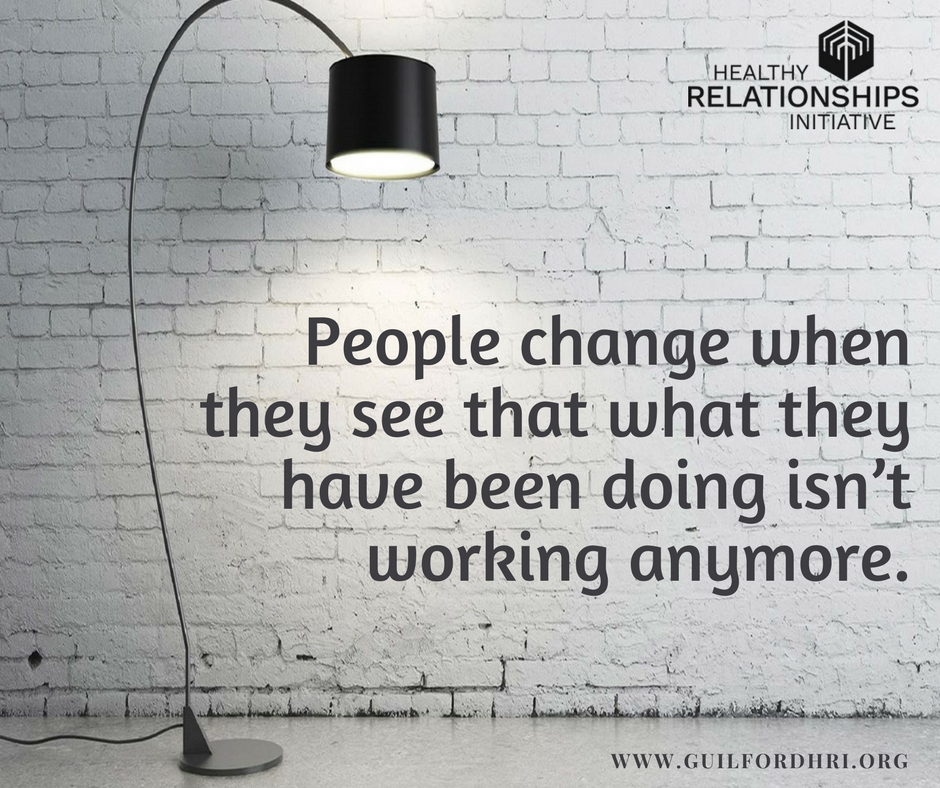
Traumatic experiences are a big deal…but Big Bird’s got a big spirit, a big heart, and big dreams!
By Kama Einhorn, Senior Content Manager for Sesame Workshop’s U.S. Social Impact Group
As a child, I lit up when Big Bird appeared on my living room screen. His sunny, comforting, vulnerable presence struck something deep in my four-year-old brain. Ten years later, I watched his reaction to Mr. Hooper’s death in a poignant and ground-breaking episode. And decades later, I became a content creator for Sesame Street, where it has been an honor to write much of the content for our new “traumatic experiences” initiative.
Sesame Street has always used the power of the Muppets to help kids and families cope with tough topics. Sadly, we’ve got our work cut out for us, because we now know that almost 25% of all kids in the U.S. endure more than one traumatic experience, and that those experiences have serious lifelong effects. That’s one in four of my family, friends, and co-workers.
So, with guidance from expert advisers, we’ve developed a new set of resources to support kids and families who are coping with the effects of traumatic experiences. These groundbreaking resources are part of a larger suite of materials called Sesame Street in Communities, which offers resources on topics ranging from healthy habits and school readiness to tough issues like grief or hunger.
What helps?
- Nurturing connections between kids and adults to promote healing through relationships;
- Building coping and resilience skills in both kids and adults;
- Inspiring caring adults to provide support and guidance.
Children are remarkably resilient, and there are many ways to lessen the impact of traumatic experiences. But the single most important factor is the consistent presence of one or more caring adults. These adults ultimately hold great power in their hands.
The Resources
All the materials can be used with all kids, because anyone can build resilience for challenges big and small. (The resources can also engage and help adults!) The strategies are research-based and include teaching children to breathe deeply, imagine a safe place, and talk about their feelings.
On the site, you’ll find videos in which Muppets (especially Big Bird!) model coping strategies such as giving themselves hugs, practicing breathing and calming strategies, building a blanket fort to feel secure, punching a pillow to let anger out safely, and more. You’ll also find an interactive game, printable pages such as adult-child collaborative coloring sheets and yoga activities, and articles for grown-ups with ways to:
- Help create a sense of safety and security, both physical and emotional.
- Help build trusting and secure relationships.
- Help kids label their feelings, express themselves, and relax.
It’s in Our Hands
We’re all in this together and we can’t do it alone. The more you know about the effects of traumatic experiences in children, the more difference you can make. These resources can offer support as you heal and look to the future with hope.
 As Senior Content Manager for Sesame Workshop’s U.S. Social Impact group, Kama Einhorn develops multimedia outreach materials for children, parents, and providers. Prior to joining the Workshop, she wrote and edited early childhood teaching resources for Scholastic. She holds a master’s degree in education from University of California at Berkeley and a B.A. in American Studies from Brandeis University.
As Senior Content Manager for Sesame Workshop’s U.S. Social Impact group, Kama Einhorn develops multimedia outreach materials for children, parents, and providers. Prior to joining the Workshop, she wrote and edited early childhood teaching resources for Scholastic. She holds a master’s degree in education from University of California at Berkeley and a B.A. in American Studies from Brandeis University.














